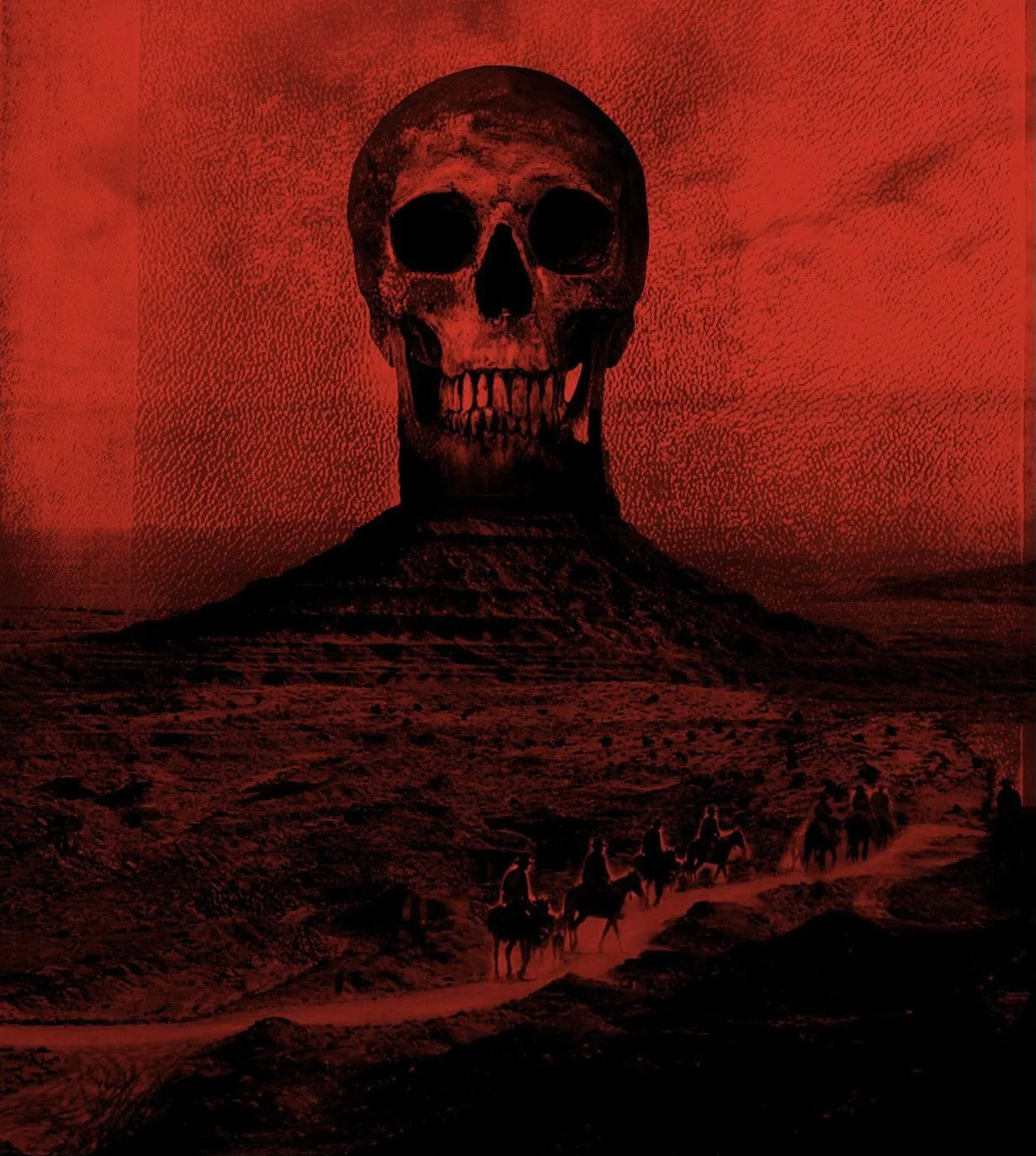I consider this the greatest book I have read yet. The late Cormac McCarthy's likely magnum opus and possibly the Great American Novel.

I happened to choose this book from my father's shelf on a whim at the age of fourteen (concidentally the same age of the book's unnamed protagonist at its onset). This action would, without exaggeration, change the course of my life. My first read through Blood Meridian was a harrowing struggle. The book is full of obsolete and even seemingly coined words, densely packed into paragraphs that describe landscapes and events in such a way that the realistic becomes magical and the centuries-old becomes sickening.
I distinctly remember where I was when I read the infamous "legion of horribles" passage—sitting in the small living room of the boys' cabin at a summer camp. Everything about that day is now lost to me, except my reaction when I read that run-on sentence, actually a fragment, that so shockingly introduces a band of Comanche warriors. I had enjoyed the preceding part of the novel and its descriptions of Mexican-American war era. I hadn't flinched from earlier descriptions of brutal struggle between criminals in lawless frontier towns or the period-accurate screeds of one character espousing genocidal manifest destiny. And yet when the true violence inherent not just to the American West but to all history was illustrated so well in all its unyielding and eternal cruelty by that passage, I had to set down my book and think.
It was an epiphany the likes of which I have only had two times or three in my short life. I almost couldn't believe that events like that had ever come to pass. Placing the protagonist in a group of American filibusters riding on Mexico after the war was already over, McCarthy had removed my expectations that the book would be about anything else. Already familiar with the atrocities white men inflicted on the indigenous peoples of the Americas, I did not expect to be confronted with violence from the opposite direction. Somehow this fictional Comanche ambush made me realize for the first time that all the Wild West violence I had ever seen played straight or lampooned in media was based on real slaughter. That the struggle for survival had been all-consuming, poisonous butchery, fueled by human distrust of other cultures. That counterattacks by indigenous nations of the Americas were often preceded by vast and often intentional killing of those peoples, by bullet and by disease, by war and by treachery. All this imparted simply by depicting one of these counterattacks from the perspective of the targets of the onslaught. It was impossible to remain unchanged after reading this book. That passage, and many more following it, left me with a new respect for history, which I had once viewed as dry.
Indeed all other descriptions of historical violence pale in comparison to those of Blood Meridian. No other author can make one of humanity's fundamental patterns of behavior, which is so normalized and gamified in other media, and clinically stated in history books, feel so cosmically significant. Its prose is incomparably rich and rereadable, its historical context is very real, and its preternatural elements are terrifying realized. No other book is so many things all at once, which is why Blood Meridian is my personal favorite book of all time.